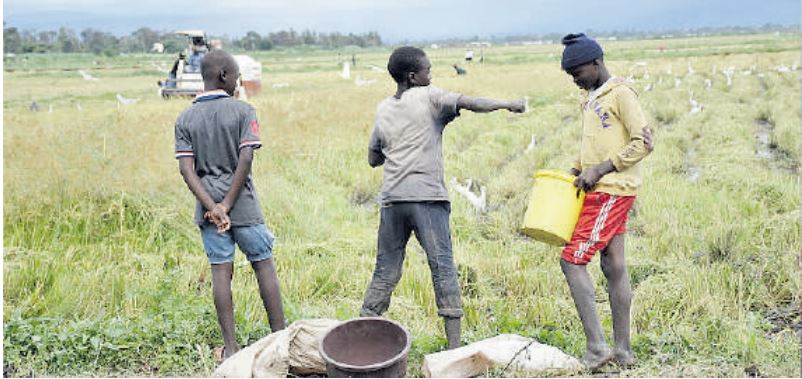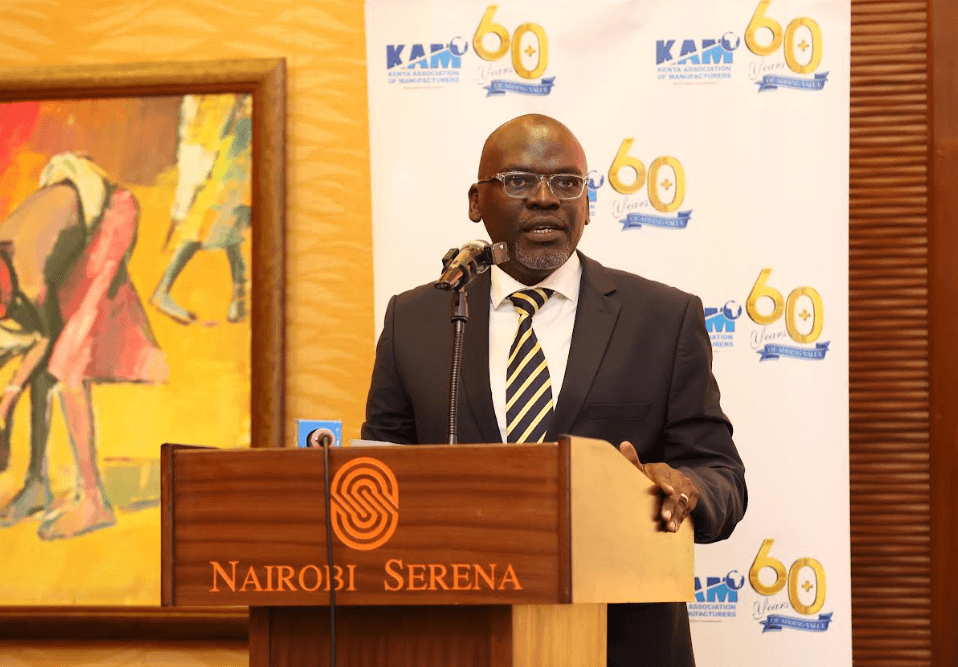
The National Irrigation Authority in collaboration with the Kisumu government has partnered with Upland Crop Company, a private investor, to run the newly completed rice mill in Ahero, Nyando sub-county.
Agriculture executive Ken Onyango said the move marks a significant milestone in revitalising rice processing in the region.
During the formal signing of a lease agreement, Onyango said the collaboration was a bold step toward commercialising rice production.
"It will spur job creation, stimulate economic growth, and give farmers better access to markets while promoting value addition,” he said.
Under the new arrangement, Upland will manage the rice mill as a private investment, injecting capital to ensure its profitability and long-term sustainability.
The mill will provide a competitive processing option for small and medium-scale rice farmers from Western Kenya's irrigation schemes, ultimately improving their earnings and livelihoods.
Onyango said the milling plant would help enhance local rice production and contribute to reducing the country's rice import burden, in line with the national Bottom-Up Economic Transformation Agenda.
The modern milling plant constructed at a cost of Sh30 million by the Kisumu government is a key initiative under Governor Anyang’ Nyong’o’s development agenda focused on boosting agriculture and improving food security.
It has a processing capacity of 2.5 metric tons per hour or about 60 tons per day and is expected to provide farmers with access to high-quality services, inputs, and improved value chain opportunities.
As of December 2021, Kisumu recorded a harvest of approximately 19,000 tons of paddy from 6,500 hectares, benefiting nearly 12,000 households.
However, a lack of modern processing facilities meant most of the rice was sold as unprocessed paddy.
“Current one-stage mills cannot meet quality standards. They produce rice that is ungraded, poorly destoned, and with excessive breakage,” Onyango said.
To resolve this, the county has invested in a modern, multi-stage mill capable of sorting, grading, and packaging rice thus increasing product value and market appeal.
Rice farmer Jane Achieng’ welcomed the initiative, saying it would cut transport costs and improve income for small-scale farmers.
“For years, we have been forced to sell our rice as paddy or transport it far for proper milling, which eats into our profits,” she said.
“Having a high-quality mill near us means better returns and motivation to produce more.”

















